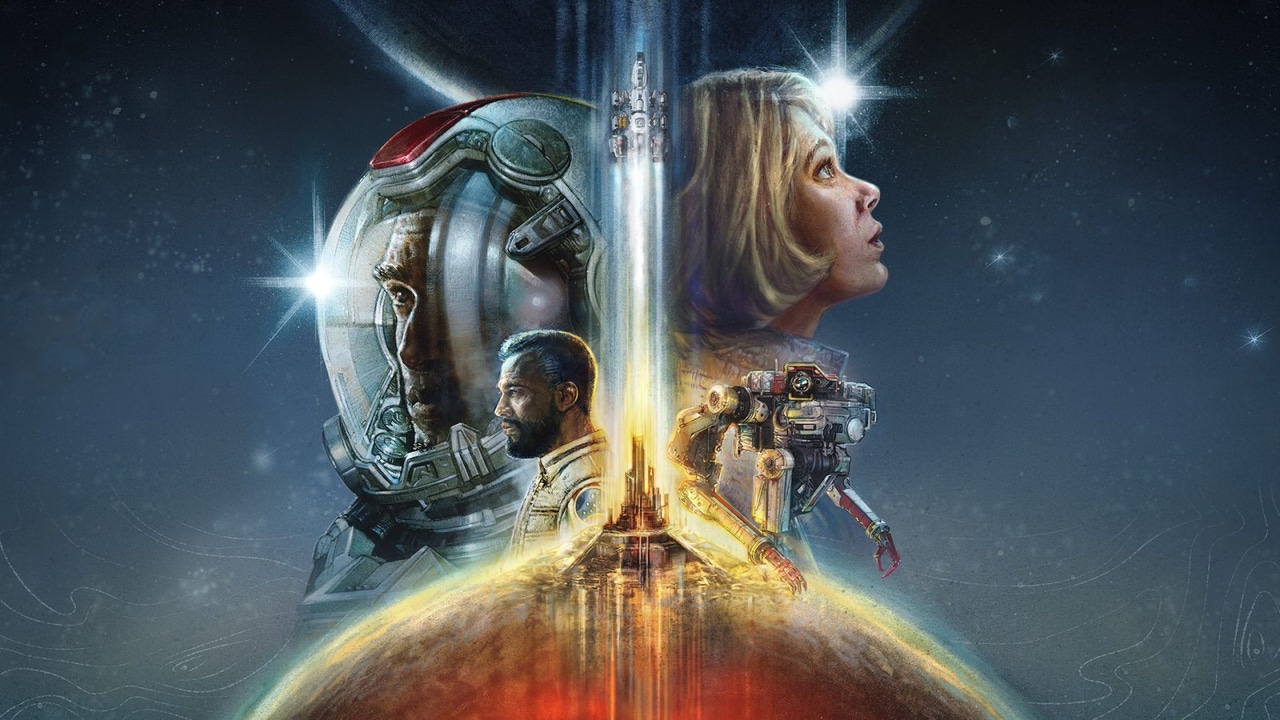Trending
Opinion: How will Project 2025 impact game developers?
The Heritage Foundation's manifesto for the possible next administration could do great harm to many, including large portions of the game development community.
In the FTC's eyes, Microsoft's past handling of big exclusives provides a roadmap to its future plans.

The FTC thinks Starfield is proof of how Microsoft will handle games it could acquire from Activision Blizzard. In a new filing, the US regulator claims the Xbox maker's handling of Bethesda's upcoming RPG gives "powerful evidence" for its decision to file an injunction against the in-progress acquisition.
"Microsoft's actions following its 2021 acquisition of ZeniMax speak louder than Defendants' words," wrote the FTC. "Defendants put great stock in Microsoft's concerns about 'infuriating gamers' if it were to foreclose rivals' access to Activision content… But those same concerns did not stop the ZeniMax decision."
While Bethesda wasn't the first third-party studio Microsoft acquired, it was arguably one of the biggest, and that fact hangs over the studio's other business moves.
Both Starfield and Arkane's Redfall from May have been heavily touted as Microsoft exclusives, and the developer has indicated Bethesda's next mainline Elder Scrolls entry will follow suit. To the FTC, this sets precedent for how Microsoft will handle Activision Blizzard franchises, and Call of Duty specifically.
In its filing, the FTC points out that both Activision Blizzard and Microsoft claim "most PlayStation [users] do not play Call of Duty at all." Not only does the regulator call that a bad defense, it alleges that it has evidence to disprove that statement.
Should the merger go through, the FTC believes that eventually, Microsoft will lock off Activision Blizzard content to its ecosystem. That possibility has been a constant part of the discussion around this merger, and one that Microsoft has repeatedly insisted against.
It should be noted, though, the FTC was slightly vindicated with Redfall. Weeks before release, co-director Harvey Smith admitted a PlayStation 5 version of the game was in the works, but it was canceled following Microsoft's acquisition of Bethesda.
That said, Microsoft's also made several shows of good faith to prove it won't be gating games off to its ecosystem. It's entered cloud gaming-related deals with numerous subscription services, some of which will include Call of Duty if things go according to plan.
Last year, it also entered into a 10-year deal with Nintendo to bring the shooter franchise to the Japanese developer's consoles. Sony reportedly got the same offer, but turned it down for being "inadequate," even as Microsoft has said it would be fine with the game being on PlayStation Plus.
It's only natural that Starfield is centered in another acquisition attempt. Given how hard Microsoft has pushed Starfield as an exclusive, it's easy to feel like the studio is talking out of both sides of its mouth, and that it may find some loophole to exploit if it does acquire Activision Blizzard.
You May Also Like